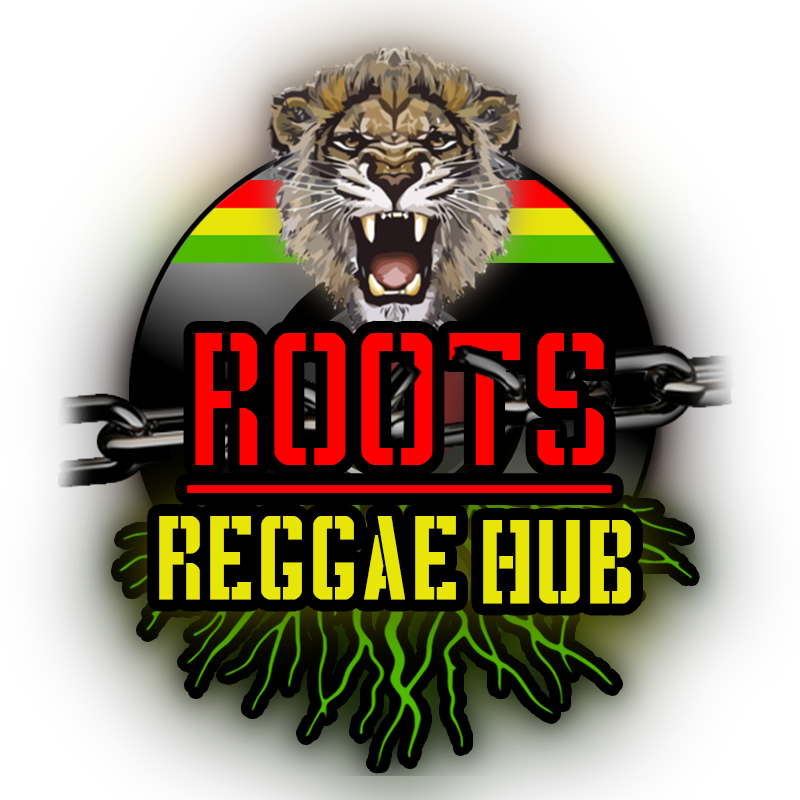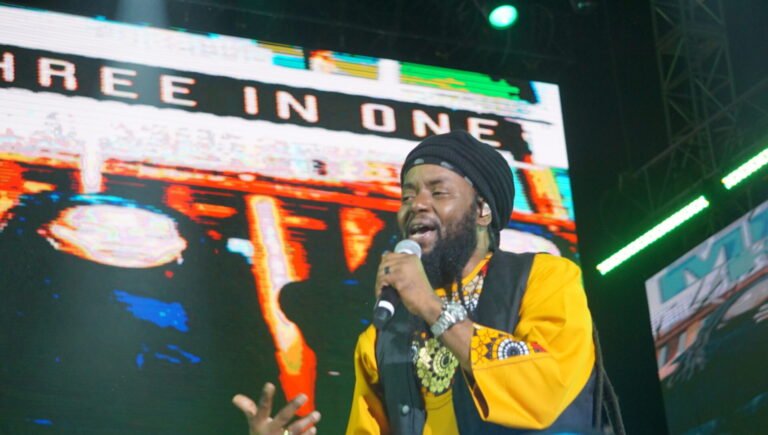Reggae music has its roots in Jamaica in the late 1960s. This genre was influenced by various musical styles, including ska, rocksteady, and Rastafarianism. In the late 1960s, musicians in Jamaica began to experiment with new sounds and styles as ska music was slowing down. This led to the creation of rocksteady, which became the foundation for reggae music.
The Rastafarian movement was gaining popularity in Jamaica during the same period and significantly impacted the country’s music. Rastafarianism emphasizes Africa and the African diaspora, and this influence can be heard in many reggae songs.
Bob Marley and The Wailers’ “No Woman, No Cry” was the first reggae song to receive international recognition when it was released in 1974. Marley’s music was infused with political and spiritual themes, and his message of unity and love made a global impact.
In the 1980s and 1990s, reggae music continued to evolve with the rise of dancehall reggae and roots reggae. Dancehall reggae is known for its fast beats and socially and politically charged lyrics, while roots reggae is a more traditional form of the genre characterized by slower, contemplative music.
Reggae music is still enjoyed by millions of people worldwide and continues to evolve and adapt to new trends. Its influence can be heard in many different genres, from hip-hop and R&B to pop and rock.
In short, the history of reggae music is a tale of cultural fusion and musical experimentation. From its origins in Jamaica, reggae has become a globally recognized genre that continues to inspire and entertain.





